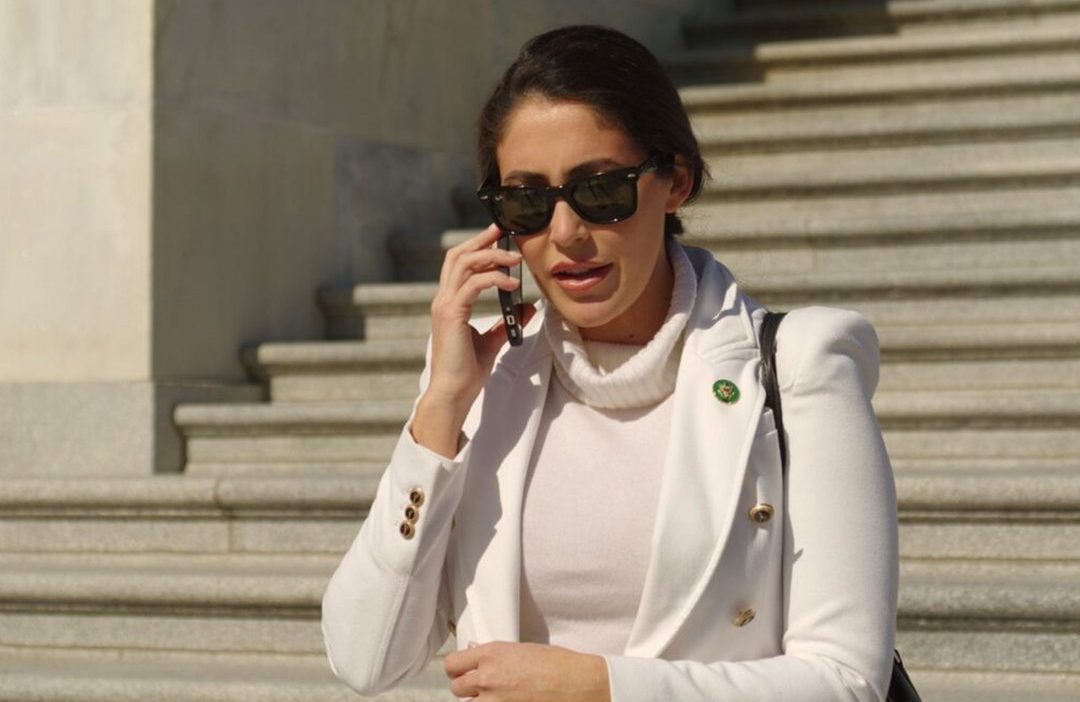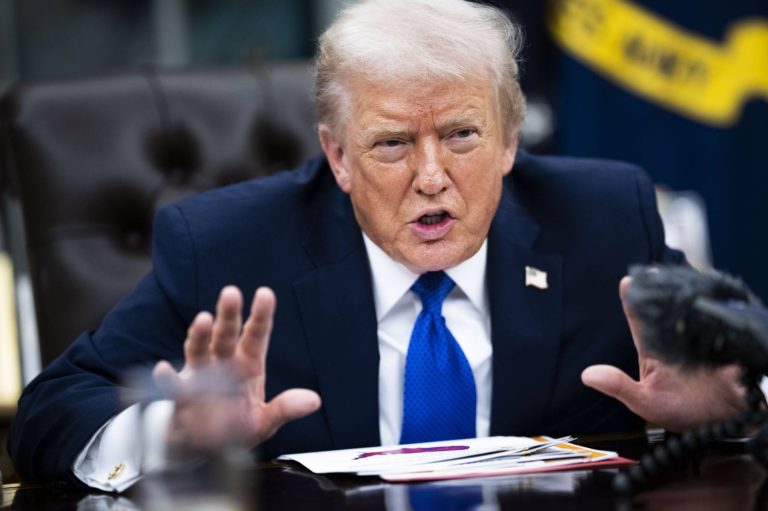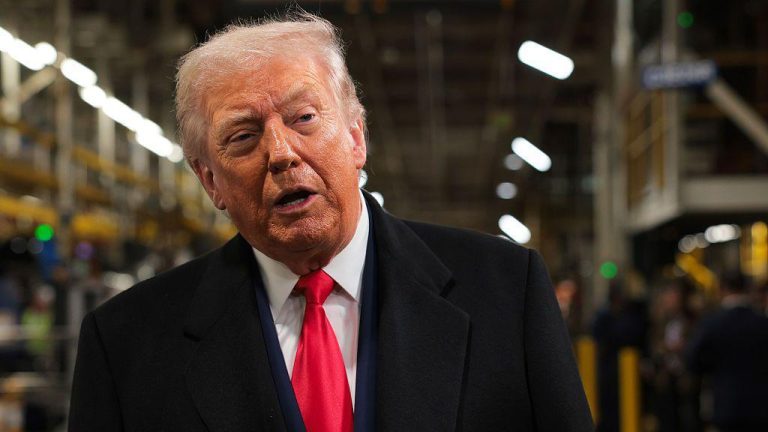NOTE: VIDEO AT THE END OF ARTICLE
Federal Reserve Chairman Jerome Powell is under fresh scrutiny after Representative Anna Paulina Luna (R-FL) formally referred him to the Department of Justice (DOJ) for potential perjury related to testimony about the controversial $2.5 billion renovation of the Federal Reserve’s Washington, D.C., headquarters.
The criminal referral marks the first time a sitting member of Congress has formally sought DOJ intervention over Powell’s handling of the massive taxpayer-funded project, further escalating tensions between the Fed and President Donald Trump’s administration.
What’s the Scandal?
At the center of the controversy is whether Powell knowingly misled lawmakers during a June 25 Senate Banking Committee hearing.
Under oath, Powell stated that the renovation would not include certain luxury upgrades, such as:
-
A VIP dining room
-
New marble
-
Special elevators
-
Roof terrace gardens
However, all of those features were reportedly present in the 2021 planning documents submitted to the National Capital Planning Commission. That apparent contradiction has led to accusations that Powell either lied to Congress or failed to properly update planning authorities about changes to the project.
Rep. Luna didn’t mince words when making the announcement:
“I am criminally referring Jerome Powell to the DOJ to investigate perjury regarding his crazy $2.5BN building,” she posted on X.
A Project That Keeps Growing
Originally estimated at $1.9 billion, the cost of the Federal Reserve’s headquarters overhaul has ballooned to $2.5 billion—a 32% increase in just a few years. As costs soared, so did questions about oversight, transparency, and who was ultimately approving the luxury upgrades.
The Office of Management and Budget (OMB), led by Trump ally Russell Vought, has accused Powell of “gross mismanagement” and even suggested that Powell’s actions could justify removal “for cause”—the only legal route to terminate a sitting Fed chair before the end of his term.
Powell’s Defense
In a written response to the controversy, Powell insisted that the elements in question were eliminated during early revisions, and therefore, his testimony reflected the final design—not the outdated one submitted in 2021.
“These changes were made to reduce complexity and avoid potential delays or added expense,” Powell wrote.
He argued that the Federal Reserve did not need to seek new approvals for minor modifications and asserted that the Fed has operated within its legal bounds throughout the renovation process.
Still, critics claim that by failing to clearly communicate these changes to Congress or the National Capital Planning Commission, Powell may have misled lawmakers—even if unintentionally.
What a Criminal Referral Means
A criminal referral from a member of Congress is essentially a formal request that the DOJ investigate a possible crime. It’s not a subpoena, and it doesn’t guarantee any action, but it does carry political weight—especially in a climate where federal agencies are under a microscope.
So far, the DOJ has not publicly responded to the referral.
Political and Economic Implications
This issue comes at a delicate moment for Powell. His term as Fed Chair runs through May 2026, and he has been a target of intensifying criticism from the Trump administration—particularly for keeping interest rates steady despite economic pressures and calls for cuts.
By amplifying the building scandal, the administration appears to be applying pressure on Powell from multiple fronts—budgetary, political, and now potentially legal.
A Fed Under Fire
The Federal Reserve, traditionally seen as an independent, apolitical body, has increasingly become a lightning rod in American politics. The Fed’s decisions on inflation, interest rates, and monetary policy are now routinely subjected to partisan scrutiny.
This case is different, however, because it challenges Powell not on policy—but on personal integrity and compliance with federal law.
If the DOJ chooses to investigate, it could mark a rare moment of legal jeopardy for a sitting Fed chair.
Final Thoughts
Whether Jerome Powell misled Congress or simply failed to update them on design changes remains to be seen. But what’s clear is that this scandal goes beyond a building—it cuts into the heart of institutional trust, accountability, and how public money is spent.
As Rep. Luna’s criminal referral makes its way to the DOJ, expect more calls for transparency—and possibly a broader conversation about the Federal Reserve’s role, independence, and oversight in modern America.
https://www.youtube.com/watch?v=7PnW9DE8hII

Sarah Mitchell is a bestselling novelist recognized for her insightful and emotionally resonant stories that explore the complexities of human relationships. Originally from Denver, Colorado, Sarah grew up in a family of teachers who nurtured her curiosity and love for storytelling. She studied psychology at Stanford University, where she became fascinated by the intricacies of human behavior—an interest that would later shape her writing career. Sarah’s novels are praised for their nuanced characters, intricate plots, and ability to capture the subtle tensions that define love, friendship, and family ties. Her breakthrough novel, The Spaces Between Us, became an instant bestseller, lauded for its honest portrayal of strained family relationships and the fragile bonds that hold people together. Since then, she has published several works that continue to captivate audiences around the world. Outside of her writing career, Sarah is passionate about mental health advocacy and often partners with organizations to promote awareness and support for those struggling with emotional well-being. Her personal life is quieter—she enjoys hiking in the Colorado mountains, practicing yoga, and spending time with close friends. With each new book, Sarah Mitchell cements her reputation as a writer who illuminates the beauty and struggles of human connection.









